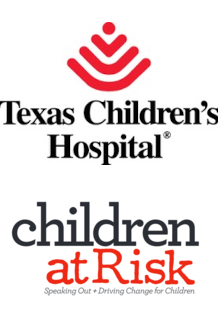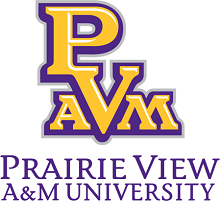Abstract
The focus of this article is on the role of family in adolescent outcomes when sexual abuse has occurred. The authors identify environmental factors for promoting well-being among adolescents. Two hypotheses aim to examine the systemic influence on adolescents who have been sexually abused, with regard to: 1) mesosystemic barriers (i.e., low levels of school engagement and peer relationships), and 2) exosystemic risk factors (i.e., low levels of social support, socioeconomic status, and community safety, as well as large community size).
Key Take Away Points
Based on the findings from this article that are also reinforced in William and Gardell (2011), strengthening contextual environmental supports may facilitate better outcomes for adolescents with a history of sexual abuse. In moving forward, some of the clinical improvements addressing the needs of children and their family might begin with some basic strategies.
- Work with schools to encourage hiring of social workers who can develop group support and strategies to help young people develop their skills to deal with adversity.
- Identify at-risk adolescents to increase their awareness of environmental influences that may block their potential development.
- Provide continuous support to parents and young couples to help them identify community resources so that they can best use community resources such as after-school programs and self-help groups to help them prepare their parenting role and child-parent partnership strategies.
Author Biography
Monit Cheung, MA, MSW, PhD, LCSW, is Professor at the Graduate College of Social Work, University of Houston. She is Principal Investigator of the Child Welfare Education Project, a state partnership program funded federally by Title IV-E for training child welfare social workers, and Associate Director of the Child and Family Center for Innovative Research. She has been a social worker for 35 years and is currently a Licensed Clinical Social Worker specializing in play therapy, child/adolescent counseling, child protection, sexual and domestic violence, and incest survivor treatment. She is an advisory board member providing case consultation for the Asian American Family Services and a consultant trainer for the Hong Kong Social Welfare Department and the Hong Kong Police Force. For Dr. Cheung’s detailed curriculum vitae, please go to: http://www.sw.uh.edu/faculty/mcheung.php.
Jacquelynn Duron, LCSW, is a doctoral research associate and teaching fellow at the Graduate College of Social Work, University of Houston, focusing her research on child sexual abuse. She has provided individual, family, and group counseling for children and adolescents with a focus on juvenile delinquency and trauma treatment. She is currently engaged in a research project on forensic interview outcomes at a county children’s advocacy center.
Recommended Citation
Cheung, Monit and Duron, Jacquelynn
(2011)
"Commentary on "An Examination of the Contextual Environment of Families with Sexually Abused Adolescents","
Journal of Family Strengths: Vol. 11:
Iss.
1, Article 18.
DOI: https://doi.org/10.58464/2168-670X.1026
Available at:
https://digitalcommons.library.tmc.edu/jfs/vol11/iss1/18
A Response To:
Javonda D. Williams and Debra Nelson-Gardell, An Examination of the Contextual Environment of Families with Sexually Abused Adolescents


